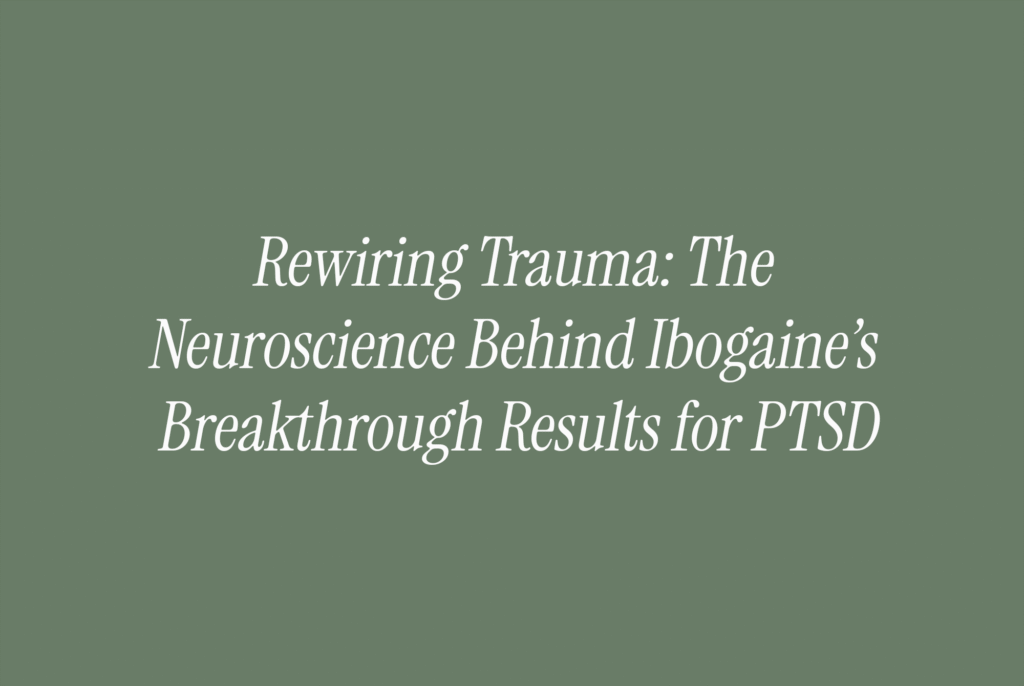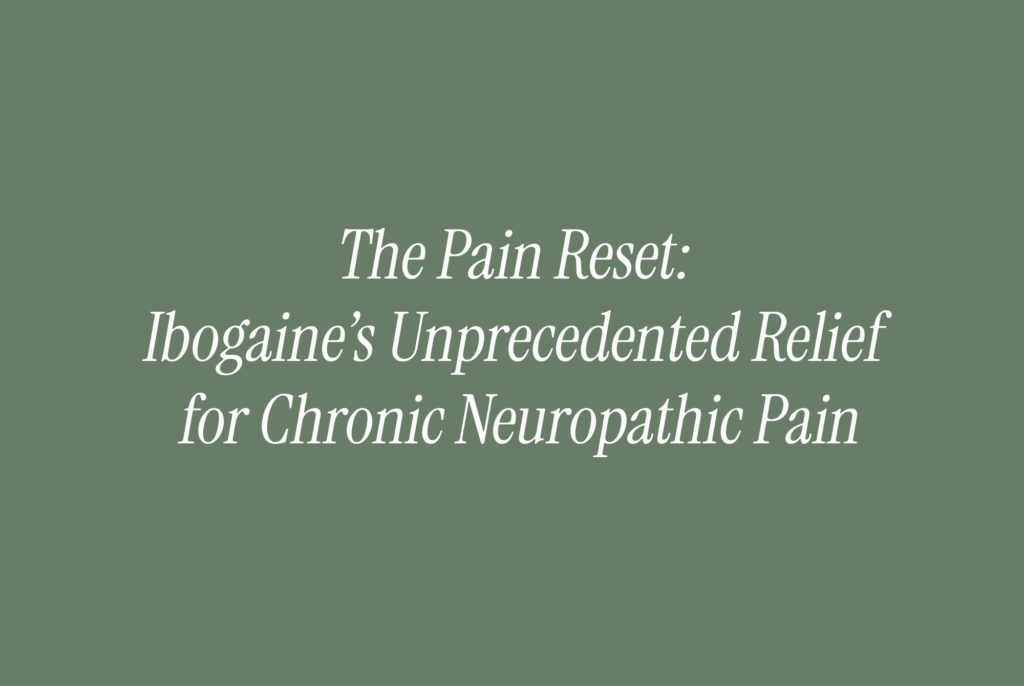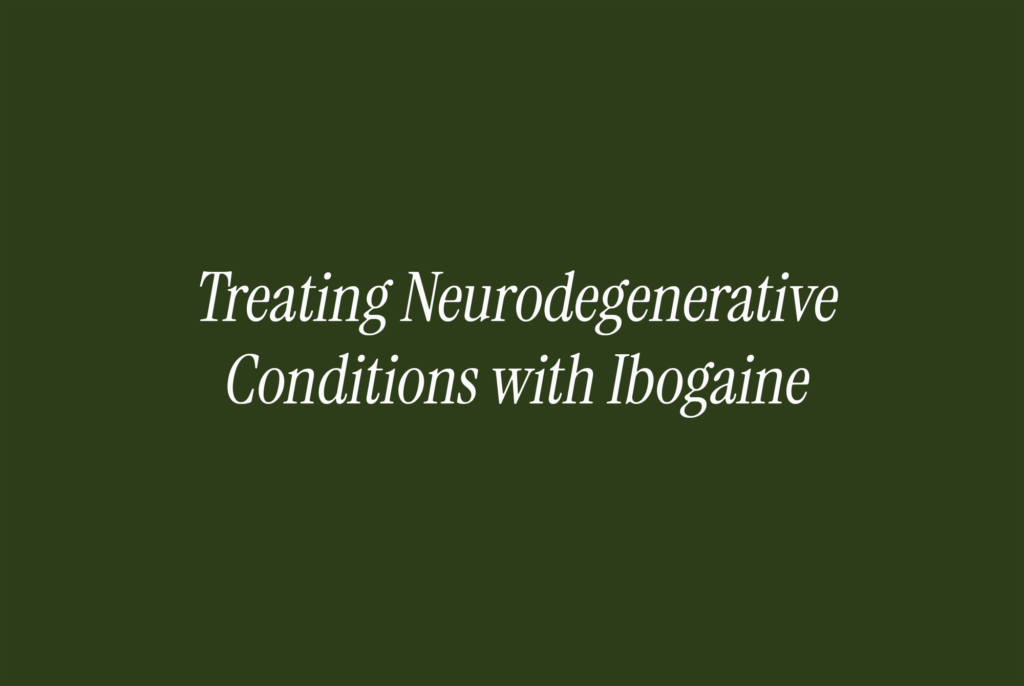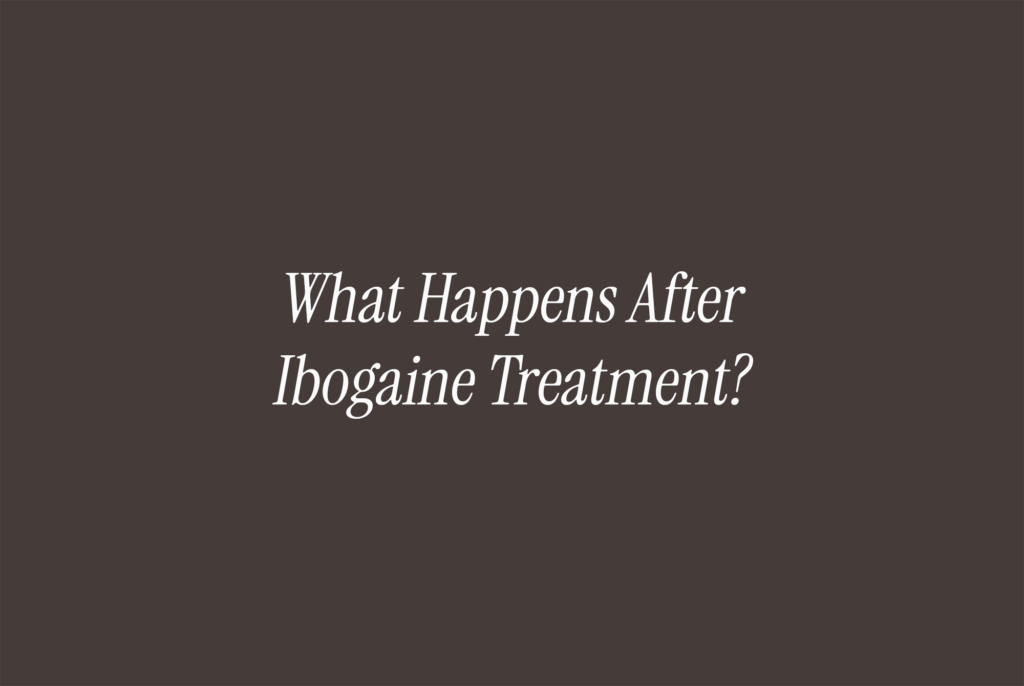They represent just over 6% of the U.S. population, yet they account for nearly 20% of its suicides. This is the devastating reality for America’s combat veterans, a group silently battling an epidemic of invisible wounds. For too many, the return home is not an end to the war but the beginning of a private, relentless battle with Post-Traumatic Stress Disorder (PTSD) and Traumatic Brain Injury (TBI).
For decades, the standard of care—talk therapy and SSRI medications—has offered relief to some but left countless others trapped in a cycle of hypervigilance, depression, and despair. These treatments often address the cognitive and emotional symptoms without reaching the deep neurological imprints where trauma resides. But what if there was a way to rewire the brain itself?
A landmark study from Stanford University has provided a powerful answer. In a group of Special Operations veterans, a single ibogaine treatment produced an astonishing 88% reduction in PTSD symptoms. This isn’t just another incremental improvement; it’s a paradigm shift. This article explores the neuroscience behind this breakthrough and how ibogaine is achieving what was once thought impossible: healing the deepest wounds of war.
Why Traditional Therapy Sometimes Isn’t Enough
To understand why ibogaine is so effective, we must first understand why conventional treatments can fall short. Trauma is not just a memory or a story; it is a biological reality. It becomes stored in the body, locking the nervous system into a perpetual state of high alert. The brain’s survival circuitry, designed for acute threats on the battlefield, fails to switch off. This chronic state of “fight or flight” can make traditional talk therapy feel inaccessible or even re-traumatizing, as discussing the events can trigger the very physiological state the person is trying to escape.
Talk therapy primarily engages the prefrontal cortex—the logical, thinking part of the brain. However, deep-seated trauma is held in more primitive regions like the amygdala and hippocampus. When these areas are chronically activated, they can override the brain’s executive functions, making it incredibly difficult to process trauma logically. Medications like SSRIs may blunt the emotional pain, but they don’t fundamentally alter the underlying neural circuits.
This leaves many veterans feeling stuck, having tried years of therapy and multiple medications with little to no lasting relief. They are told to manage their symptoms, but what they need is a fundamental reset. They need a treatment that can create a window of profound neuroplasticity, allowing the brain to finally process, integrate, and move past the trauma it has held for so long.
The Stanford Breakthrough: A Paradigm Shift in Trauma Care
In January 2024, a study published in Nature Medicine sent shockwaves through the medical and veteran communities. Researchers at the Stanford Brain Stimulation Lab, in collaboration with veteran advocacy group VETS, administered ibogaine combined with magnesium (for cardioprotective purposes) to 30 Special Operations Forces veterans suffering from debilitating, co-morbid TBI and PTSD.
The results were nothing short of extraordinary. At the one-month follow-up, the veterans experienced:
- An average 88% reduction in PTSD symptoms.
- An average 87% reduction in depression symptoms.
- An average 81% reduction in anxiety symptoms.
These were not temporary changes. The study documented sustained and significant improvements in cognitive function, including processing speed and memory, as well as a steep decline in disability ratings and suicidal ideation. For these veterans, who had lived with the consequences of brain injury and psychological trauma for years, this was life-altering. The treatment didn’t just mask the pain; it appeared to heal the source of it.
As the Brain & Behavior Research Foundation noted, this initial evidence points to a powerful therapeutic effect. What makes these findings so revolutionary is ibogaine’s ability to address both the physical brain injury and the psychological trauma simultaneously—a dual healing that has long been the holy grail of trauma treatment.
The Neuroscience of Trauma Processing with Ibogaine
How does one treatment accomplish so much? Ibogaine works by creating a unique neurobiological state that allows for the deep processing and reconsolidation of traumatic memories. It interacts with the brain on multiple levels to create what can be described as a “neurological safe space.”
First, ibogaine acts as an NMDA receptor antagonist, similar to ketamine. This action disrupts the rigid, trauma-based neural pathways that keep individuals locked in repetitive thought loops and fear responses. It effectively quiets the Default Mode Network (DMN), the part of the brain responsible for self-referential thought and rumination. By turning down the volume on the DMN, ibogaine allows individuals to observe their traumatic memories without being consumed by them.
Second, it induces an “oneirogenic” or dream-like state. During this introspective experience, individuals often revisit formative and traumatic life events. However, because the brain’s fear center is not in overdrive, they can re-evaluate these memories from a new, more objective perspective. This allows for what neuroscientists call memory reconsolidation—the memory is not erased, but its emotional charge is neutralized. It is stored away as part of one’s history, rather than a constantly recurring present-day threat.
The GDNF Connection: Repairing the Brain
The psychological journey is only half the story. The lasting success seen in the Stanford study is also due to ibogaine’s remarkable ability to facilitate physical neurological repair. Chronic stress, PTSD, and TBI are all associated with neuronal atrophy—the shrinking and death of brain cells, particularly in crucial areas like the prefrontal cortex and hippocampus, which regulate emotion and memory.
Ibogaine has been shown to significantly increase the production of critical neurotrophic factors, particularly Glial Cell-Line Derived Neurotrophic Factor (GDNF) and Brain-Derived Neurotrophic Factor (BDNF). These proteins act like fertilizer for the brain, promoting the survival, growth, and plasticity of neurons. This is the “rewiring” in action.
By stimulating these growth factors, ibogaine helps to physically repair the neural circuits damaged by trauma and TBI. This dual mechanism—facilitating psychological reprocessing while simultaneously promoting neurological repair—explains its profound efficacy. It addresses both the mind’s software and the brain’s hardware at the same time, leading to integrated and durable healing.
Real Stories of Healing: Beyond the Data
Behind the clinical data are profound human transformations. Combat veterans report that after treatment, the constant flashbacks and nightmares that plagued them for years simply stop. The exhausting state of hypervigilance calms, allowing for the return of restful sleep for the first time in decades. The emotional numbness that built a wall between them and their families begins to lift, allowing for genuine connection to be restored.
As detailed in reports on clinical outcomes, many find that the deep-seated guilt and shame about combat experiences can finally be processed and healed. For those haunted by suicidal thoughts, ibogaine often provides a profound sense of meaning and a renewed will to live. It’s a journey from survival mode back to a state of thriving, a reversal of what seemed irreversible.
Ibogaine doesn’t replace the hard work of integration and therapy; it makes that work possible. It creates the neurological foundation upon which a healthy life can be rebuilt. It is the catalyst that transforms a person from being a prisoner of their past to the architect of their future.
For veterans, trauma survivors, and families who have exhausted every conventional option, ibogaine represents a new frontier of hope. It demonstrates that the deepest wounds are not a life sentence. With the right tools and in a medically supervised setting, the brain has a profound capacity to heal itself. There is another way forward.
For veterans and trauma survivors ready to explore how ibogaine can help reclaim your life from the grips of PTSD, contact Iboga Wellness Institute at 800-604-7294. Our dedicated medical team provides confidential consultations to discuss your personal history, answer your questions about our safety protocols, and determine if you are a candidate for this transformative treatment.
Key Takeaways
- A landmark Stanford study found that a single ibogaine treatment in Special Operations veterans led to an 88% average reduction in PTSD symptoms and an 87% reduction in depression.
- Ibogaine provides a dual healing mechanism, facilitating the psychological reprocessing of trauma in a safe neurological state while also promoting physical brain repair through the release of neurotrophic factors like GDNF and BDNF.
- The treatment is uniquely effective for co-morbid TBI and PTSD by addressing both the structural brain injury and the psychological trauma simultaneously.
- By disrupting rigid, trauma-based neural circuits and quieting the brain’s fear response, ibogaine allows for the reconsolidation of traumatic memories, neutralizing their emotional power.


















